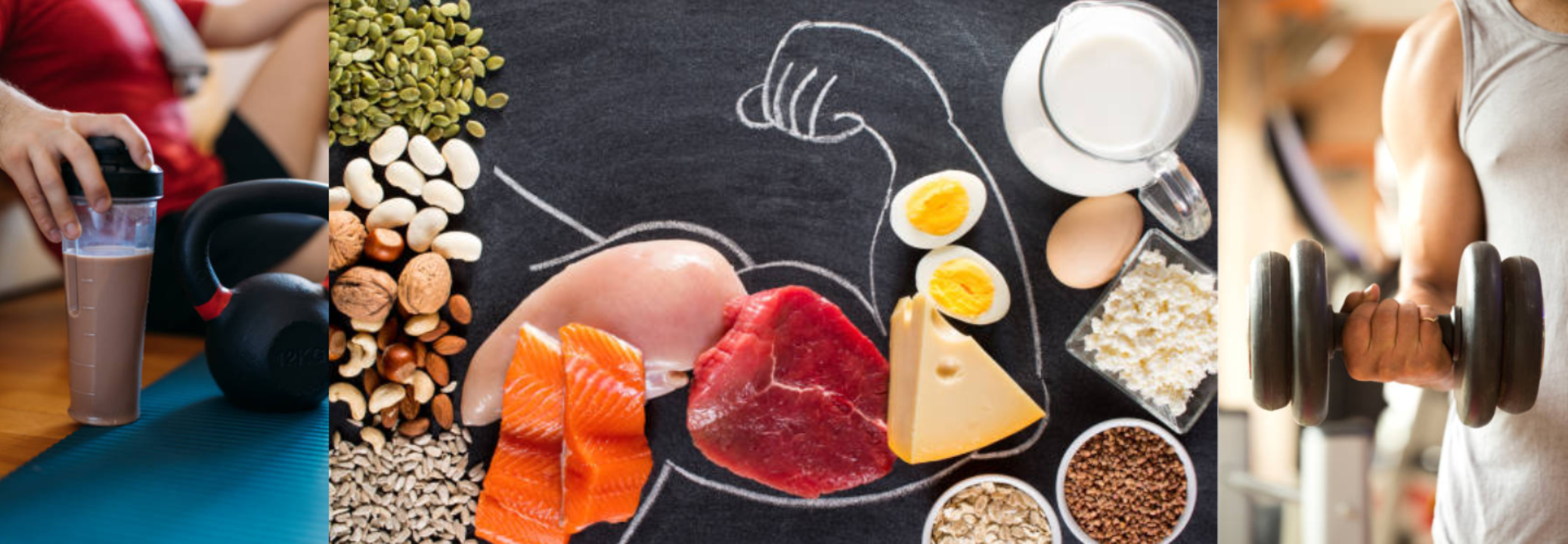National Nutrition Week: How Eating Protein Helps You Build Stronger Muscles?

SummaryAre you getting enough protein to build muscle? Here is the recommended daily intake, why protein is crucial for muscle growth, and the best sources to include in your diet.
End of Article
